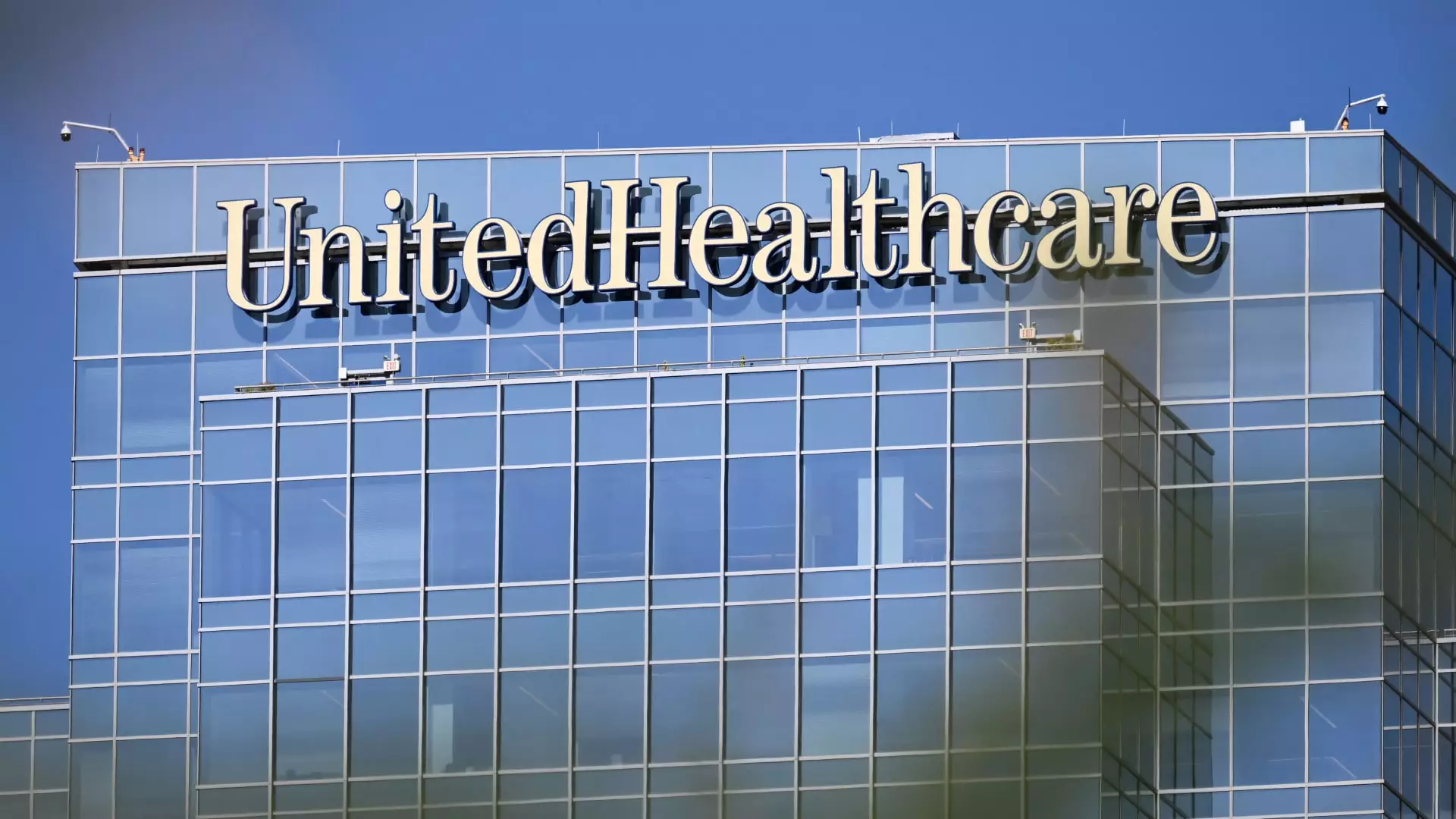In a dramatic upheaval, UnitedHealthcare appointed Tim Noel as its new CEO following the violent and tragic murder of former CEO Brian Thompson in Manhattan last December. This move comes at a time when the nation’s healthcare landscape is facing not only internal challenges but also heightened public scrutiny regarding the insurance industry’s role within it. Noel, who is stepping into this pivotal role, has been a stalwart in the company since his introduction in 2007. Previously, he led the Medicare and retirement division, making him a well-versed candidate for guiding UnitedHealthcare through such tumultuous waters.
The circumstances surrounding Thompson’s death have sent shockwaves throughout the industry, leading to a wave of anger towards insurance providers, which have often been perceived as profit-driven entities at the expense of patient care. With Noel’s appointment, UnitedHealthcare is not simply looking to maintain stability; it is also attempting to reclaim trust and credibility in an era marked by rampant calls for reform and a demand for transparency.
Tim Noel’s extensive background in Medicare and retirement sets a solid foundation for his leadership. UnitedHealth Group, the parent company of UnitedHealthcare, asserts that he brings “unparalleled experience” and a “proven track record” that could be instrumental in reshaping the company’s approach to healthcare services. As he steps into this leadership role, Noel is faced with numerous challenges, particularly the urgent need to address the rising costs associated with Medicare Advantage plans—an area he intimately understands.
Medicare Advantage has historically been a significant growth area for health insurers, but recent surges in medical costs, largely due to delayed procedures during the COVID-19 pandemic, are rattling this segment of the market. As more seniors return to hospitals, the strain on resources has led to increased operational headaches, testing even the most seasoned executives. Noel’s leadership will thus be pivotal in navigating these turbulent waters while ensuring that the needs of almost 13.7 million Medicare beneficiaries served by UnitedHealthcare are met.
Reverberations from Thompson’s tragic death extend far beyond UnitedHealthcare. The aftermath of such violence has prompted insurance companies to augment executive security measures significantly. Companies are reassessing their public personas, with many opting to limit personal information displayed on websites. UnitedHealth Group, for example, has seemingly removed its executive leadership page in response to underlying fears about safety. This shift reflects a broader concern within the industry, which has reached a pivotal moment in not only how it operates but also how it is perceived by the public.
The man charged with Thompson’s murder, Luigi Mangione, has pleaded not guilty while facing numerous charges, including murder and terrorism. This ongoing trial adds another layer of complexity to the narrative surrounding UnitedHealthcare, as they balance operational challenges with public perception amid a backdrop of violent crime.
On a broader level, UnitedHealth Group CEO Andrew Witty has called for an evolution in the healthcare system itself—highlighting a need for functionality that is less confusing, more responsive, and ultimately more affordable. Witty pointed out that the high-cost structure benefits certain entities within the system, a statement that underlines ongoing criticisms of healthcare practices in the U.S. While there is an acknowledgment that lower prices could lead to better care, it begs the question of how this aligns with the profit motives at play in much of the industry.
The financial implications are also significant; UnitedHealth recently reported disappointing quarterly results triggered by weaknesses in its insurance segments during the previous quarter. The company’s revenue expectations for 2024 were projected to climb even amidst these wrinkles, illustrating a dual need for reform while simultaneously managing growth.
The appointment of Tim Noel as CEO represents not just a reaction to an unfortunate event but also a step toward reorienting UnitedHealthcare amidst an evolving healthcare landscape. The challenges ahead will test Noel’s capabilities, pushing to redefine the experience for consumers and, potentially, the broader industry as a whole.


Leave a Reply